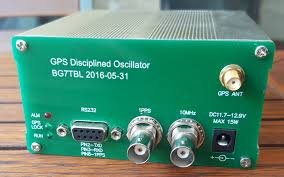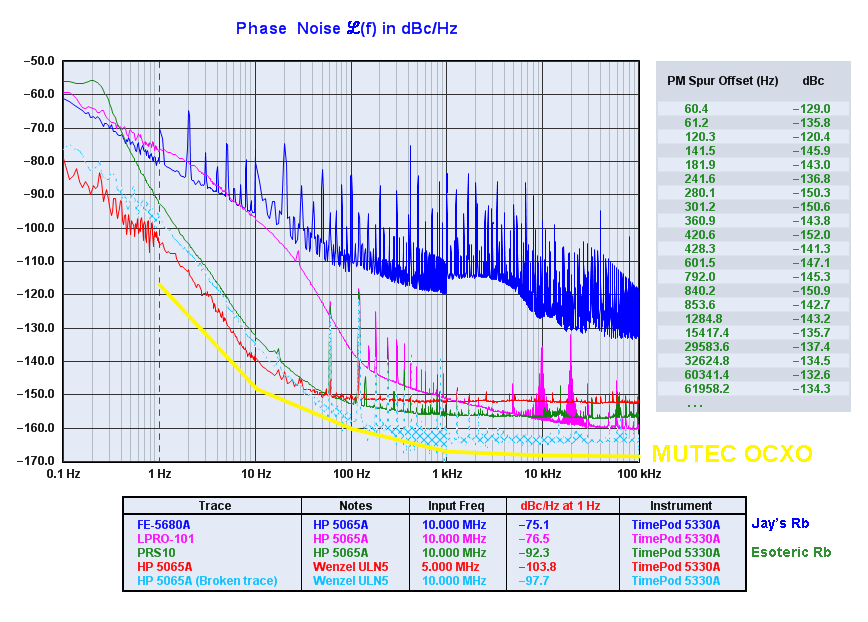Finally received the Vivaldi DAC on Wednesday and set it up. Only interesting snafu in setup was that although everything was wired correctly and logically on the software side of things, trying to play MQA files caused insanity between the Upsampler and DAC. But I was able to get things to work correctly after powering off/on the Upsampler. My suspicion is that it's the "driver" in this arrangement and needed to "sync" up with the DAC. I surmise this as I had no issue when swapping the dCS Network Bridge with the new Upsampler and using with my existing Berkeley DAC.
Other odd bit is that shutting down the Upsampler and powering it on again, I lost all of settings I'd made to it. Would not have thought that would happen.
Anyway, I'm ensconced at the moment "breaking in" the new DAC (figure a few hundred hours will do. And trying to discern the various filter settings as they affect overall sonic results based on how I've set up the Upsampler for various bitrates. Currently enabled DSD passthrough and DSX for all PCM. The various filter settings are really subtle.
Expect to have the Clock by sometime in early March, given the dCS backlog on this device.
Perhaps you already have done it, but while you do not have an external clock it is possible to use the DAC clock output to feed the upsampler clock input, synchronizing both units.













